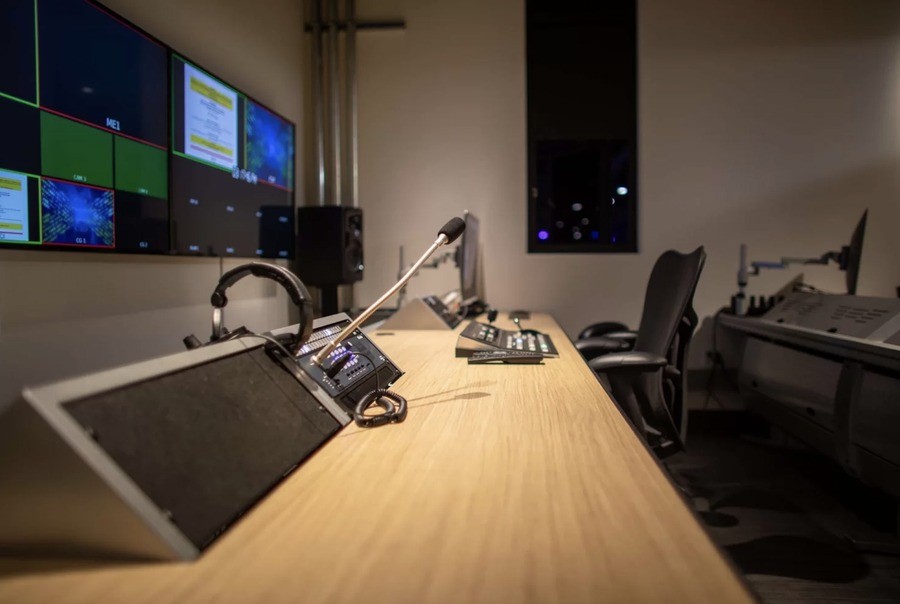Managing church AV isn’t for the faint of heart. Between volunteer rotations, tight budgets, and ever-changing tech needs, even the most dedicated teams face challenges.
The good news? Many of the most common issues are avoidable—with a little intention and the right support.
At CCI Solutions, we’ve walked alongside hundreds of churches across the country. Here are a few missteps we see often—and how you can avoid them with confidence.
1. Skipping a True Sound Check
The Mistake: Confusing rehearsal with sound check—or skipping it entirely.
It’s a common issue. Teams either jump straight into rehearsal or spend all their time tweaking individual instruments while neglecting the overall mix—especially vocals. The result? A Sunday mix that struggles to serve the moment.
 800 224 7978
800 224 7978







